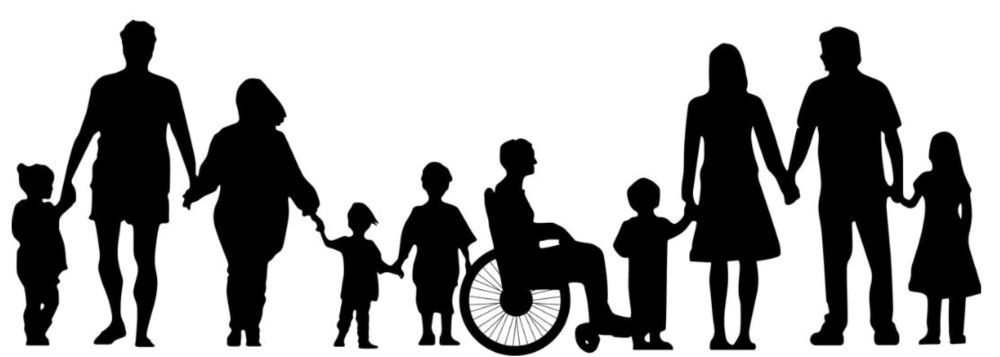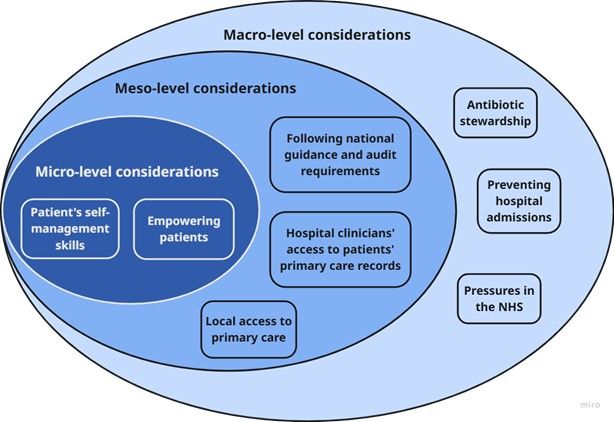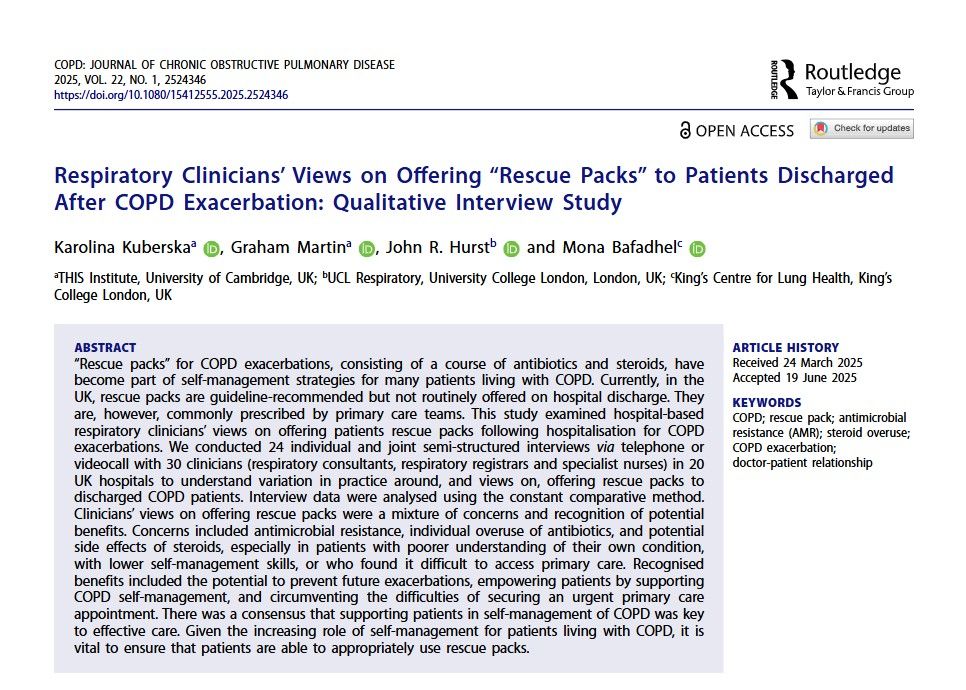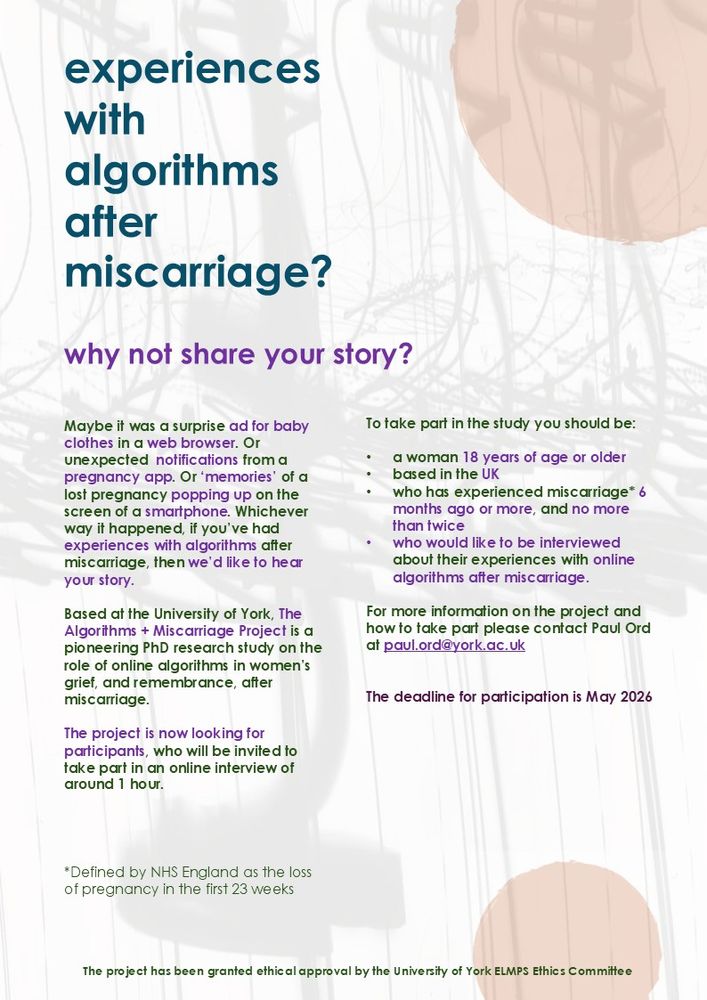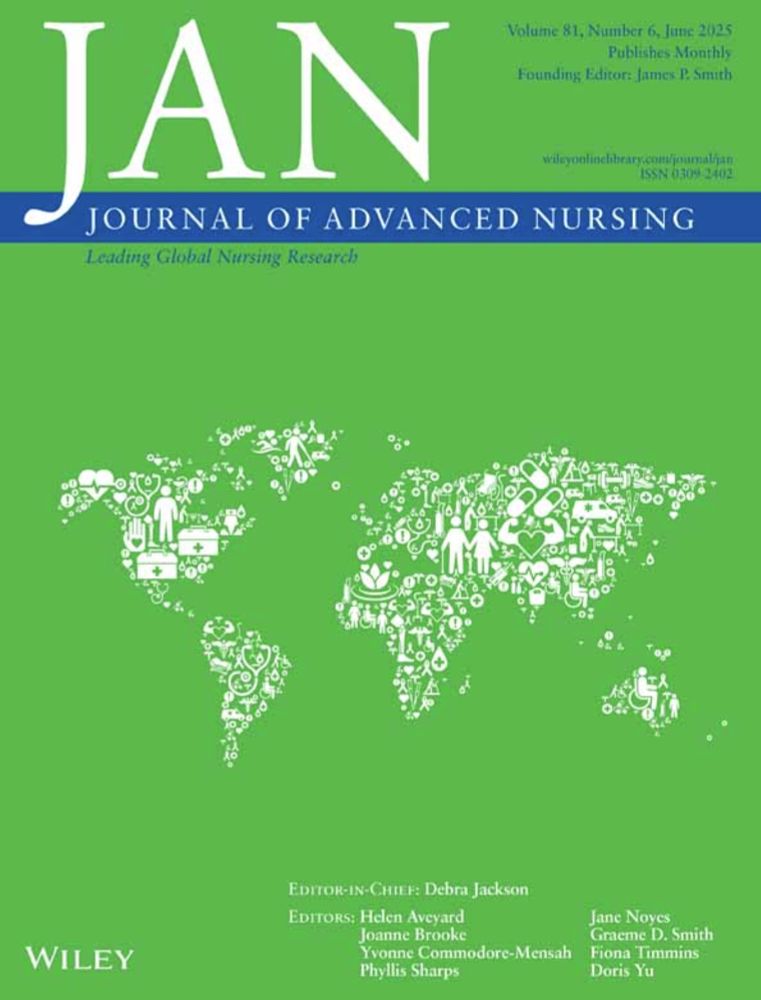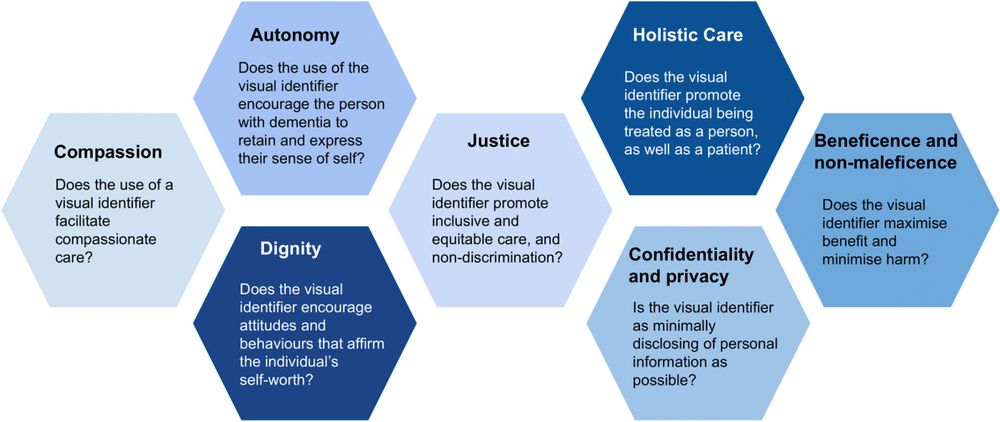Karolina Kuberska
@kkuberska.bsky.social
230 followers
710 following
25 posts
Anthropologist, knitter, migrant, reader.
Posts
Media
Videos
Starter Packs
Reposted by Karolina Kuberska
Reposted by Karolina Kuberska
Reposted by Karolina Kuberska
Reposted by Karolina Kuberska
Reposted by Karolina Kuberska
Ola Howell
@olahowell.bsky.social
· Jul 3
Karolina Kuberska
@kkuberska.bsky.social
· Jun 30
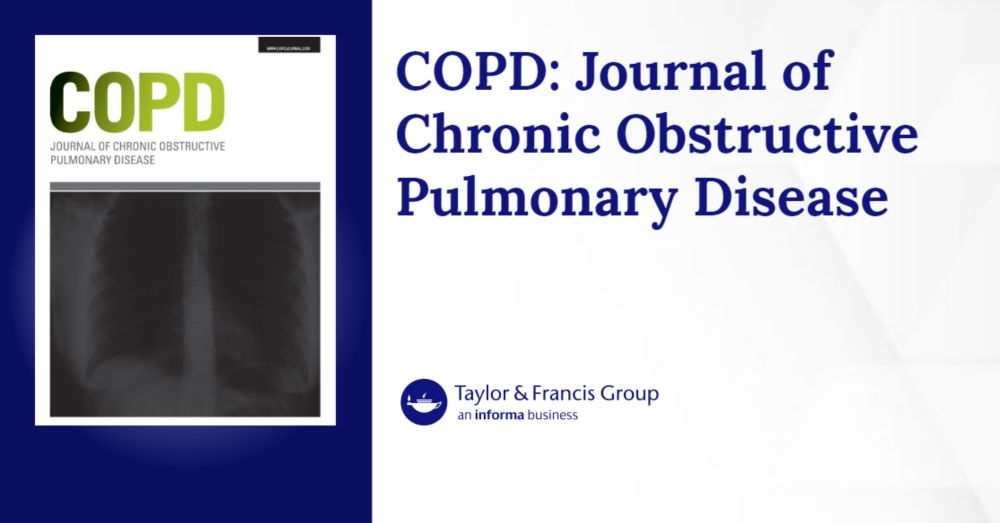
Respiratory Clinicians’ Views on Offering “Rescue Packs” to Patients Discharged After COPD Exacerbation: Qualitative Interview Study
“Rescue packs” for COPD exacerbations, consisting of a course of antibiotics and steroids, have become part of self-management strategies for many patients living with COPD. Currently, in the UK, r...
doi.org
Reposted by Karolina Kuberska
Reposted by Karolina Kuberska
Reposted by Karolina Kuberska
Reposted by Karolina Kuberska





